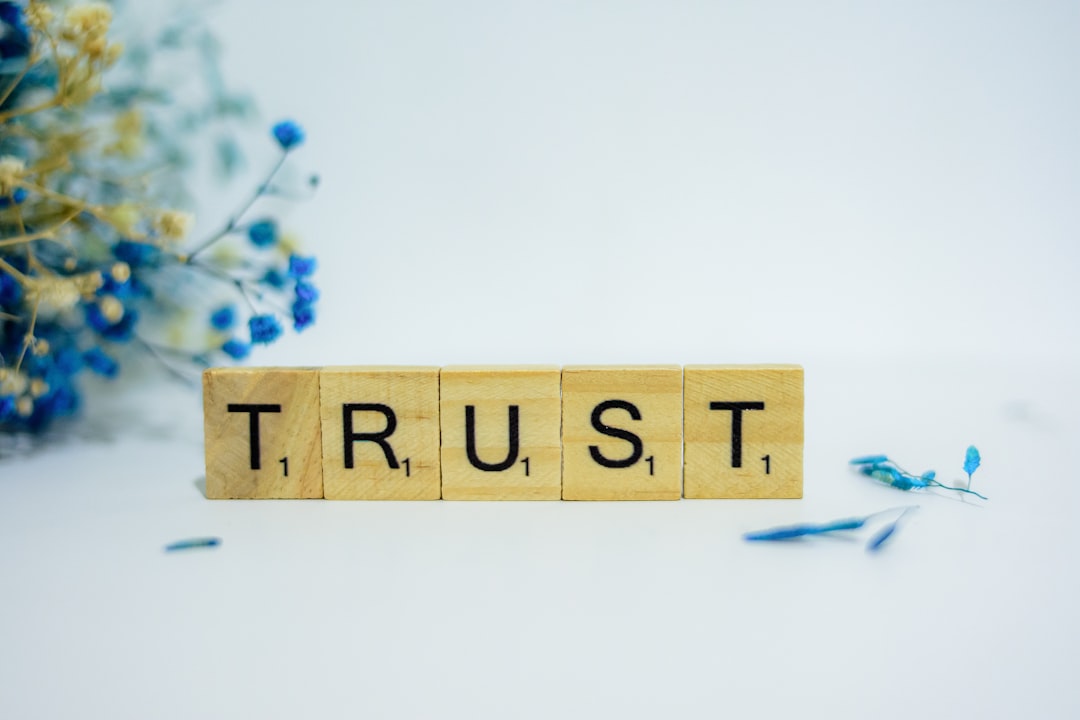Trust me
Some of us were those kids in school who hated group projects, and would rather work alone. We know if we did the work ourselves, it would be up to our standards. We worried that others might not carry their weight. We didn’t want to work with people who weren’t our close friends.
It’s okay if you were that “ugh, not another group project” kid. I was that kid. If you were — or are! — that kid (or adult), I have two main thoughts: That’s a totally human and understandable perspective… And it’s one you should try to change.

Sometimes yes, we absolutely can be our most productive or efficient if we get to make our decisions and execute in a silo, on our own. (Heck, I quit my job to be a full-time independent consultant for kind of that reason!) But we don’t each run our own little fiefdom. We are all part of a team. If you’re indie like me, you still have clients you need to work alongside as coworkers. You have customers who expect you to work with them.
We each bring our own perspective and lens, and that’s good and important and frankly is our unique value. But we have to recognize that… so does everyone else. Hearing takes from other folks — even if we disagree with those takes — is of course still incredibly informative.
I love confidence and I think it serves you well with customers, bosses, colleagues… but I also love humility. You can fake confidence, but you shouldn’t fake confidence when you don’t know the answer.
I’ve written before about the power of saying “I don’t know.” You can confidently not know something. Sometimes you know you don’t know. But when you think you’re right — and face it, most of us think we’re right most of the time — you need to trust that your colleagues may have insights or knowledge that you lack, and that their competing perspectives are worth entertaining.
Trust is all about vulnerability. You are relying on someone else. This is why goofy trust falls are a thing. Some of us are nervous flyers in part because we’re giving up all control — the pilot’s flying the plane, and we have to trust them.

Trust is hard, because feeling vulnerable — admitting vulnerability — is hard. It’s okay to struggle with trust — as long as you’re willing to work on it.
To trust someone requires three fundamentals:
You need to feel they’re being authentic and honest.
You need to believe that they have the right information and the right logic.
You need to believe that they have the right intentions, that they’re on your side and rooting for your success.
And, of course, to be trusted by others requires that you demonstrate those same qualities.
None of this is easy or automatic. Building trust takes time — but also effort. If, for example, you’re feeling a struggle to trust or be trusted in meetings, I encourage you to make your presence at them more human and involved. That’s not about in-person meetings. I’m saying if you’re on a Zoom, encourage EVERYONE to turn off their computers’ notifications, to put their phones in Do Not Disturb, and to put their cameras on.
We are all guilty of believing we basically know what everyone else is going to say in some meetings, so we stop paying attention for a moment while we quickly respond to an email, or look at a text, or text someone else in the meeting about the very meeting we are in.
We are also all guilty of suddenly hearing our name and knowing that we now need to answer a question, but we aren’t sure what the topic was because we were doing something else.
You can cultivate trust for yourself and others, and empathy for yourself and others, by being present and plugged in, which is harder than ever with smartphones and watches, and harder still over video calls. But you can force yourself to do it, and you’ll find you’re perceived as more trustworthy over time — and that you see your colleagues that way, too.
That’s one small thing: Meeting etiquette. And it’s a tough habit to build and a tough habit to maintain. Trust is also hard to build and maintain. Think of trust as something you’re actively working on and developing.
Give yourself room in each interaction with colleagues to think, how can I build trust in this conversation? How can I demonstrate that they can trust me, and how can I take this opportunity to trust them?
What expertise, patience, empathy, or insight can I share?
There’s no shortcut here, but putting in the work pays off. Trust me.
Add a comment: